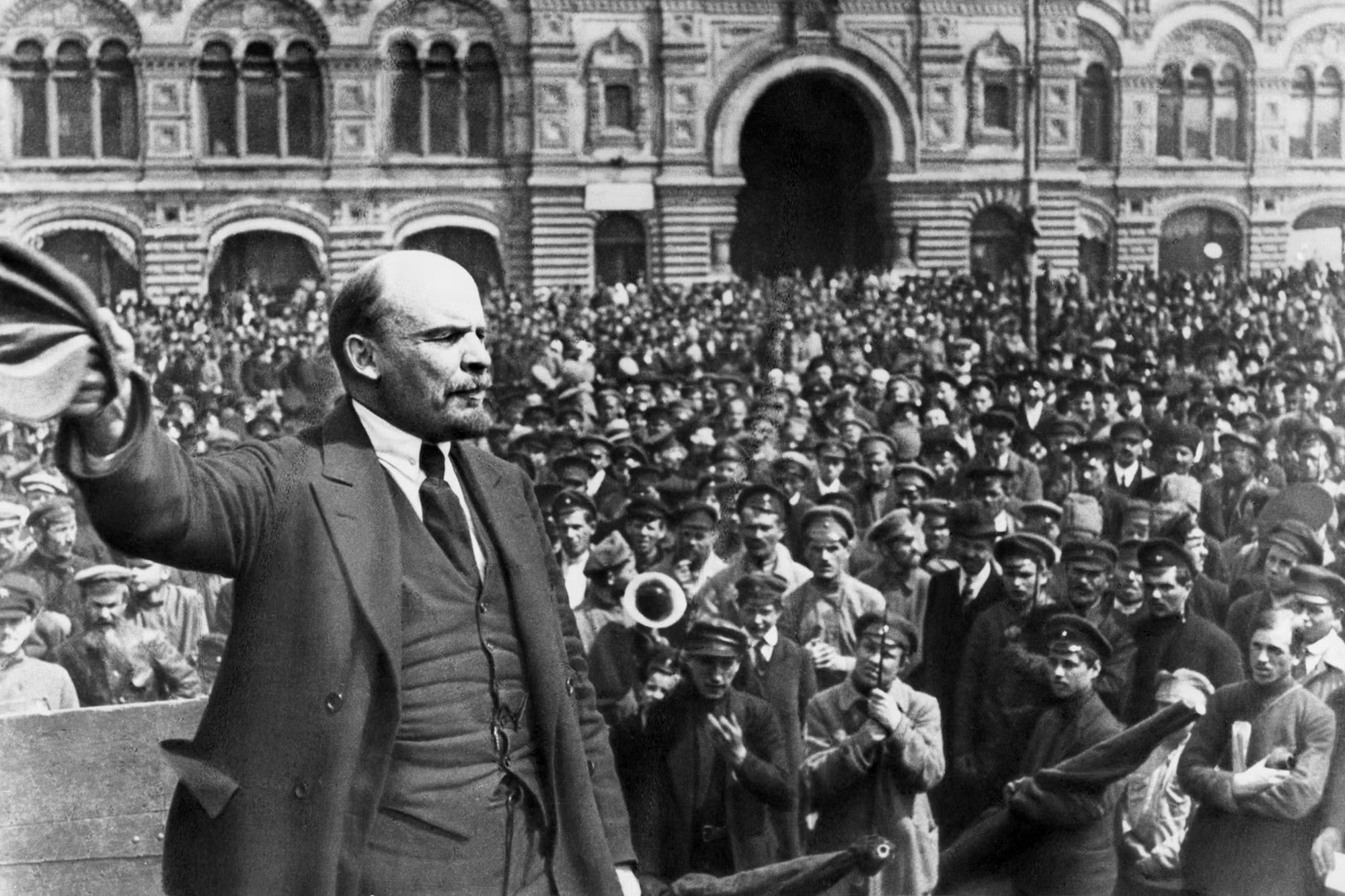
Witness by Whittaker Chambers takes the reader through nuanced perspective of the cold war. Not every book was written by ex-communist party member who was part of an operation which infiltrated the United States government. Chambers doesn’t choose to focus his memoir on his induction into the communist party but rather his flight from the party. Chamber’s expresses that those who decided to excommunicate themselves from the party after being involved in Soviet espionage are often looked at as loose ends which need to be silenced via assassination. It is a wonder that Chambers lived long enough to publish this book and release it to the world. Assassination was a common fate for those who chose to leave the communist party, but staying with the party was also a chose which Chambers grew more apprehensive of as his years in the party went by. The network of Soviet Spies in the U.S operated in the utmost secrecy. Chambers states that members of the party were give a multitude of aliases, and would use different ones depending on the different circles that they would operate in. Chamber’s remarks that he would’ve been called Bob in some circles, and John in other circles. The Communist party would often operate in complete secrecy when you were a spy who worked in the United States, and the job for Chambers became more alienating the he originally hoped for a organization which preaches collectivism and group activism. Such secrecy has been fueled by the Soviet regime in Russia since Lenin’s October Revolution in 1918. In the Black Book of Communism, Courtois details the aftermath and devastation which took place after the Bolshevik’s revolution and takeover of the northern sections of Russia. This time was fueled by the hate of the Bolsheviks who have been reported to terrorize and murder the anti-Bolshevik’s and Mensheviks who fought in the revolution to overthrow the Tsars but disagreed with Lenin’s political ideology. It is a common misconception among the public that Lenin’s revolution brought more peace than under the Tsarist regime, but Courtois states that the amount of violence increased fourfold as a Civil War between the Bolshevik’s and Anti-Bolsheviks erupted. Bolshevik forces across the country terrorized and destroyed anti-Bolshevik forces throughout the country. Courtois states that an overwhelming majority of Bolshevik forces committed atrocities against the bourgeoise with the reasoning that it was now their time to assert themselves as above them on the social and economic ladder. This sentiment fueled a movement of isolationism as many feared that if they revealed to much about themselves, they would be report to the government and sent to work in internment camps. Chamber’s is definitely thankful that he was not one of the unfortunate cogs in the Soviet machine who was found out to have defected from the party.
Leave a Reply